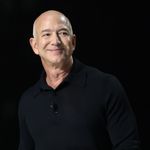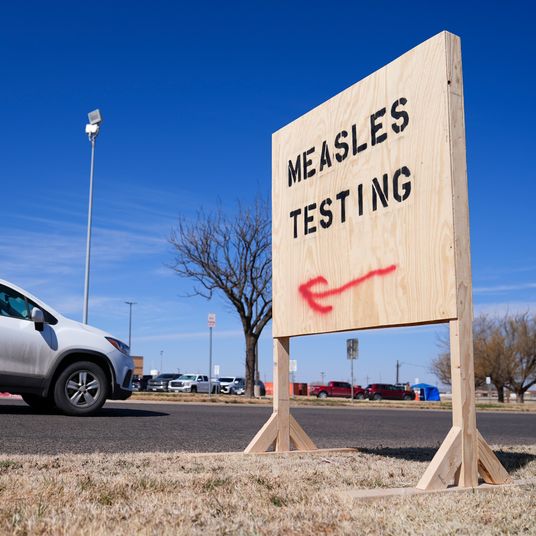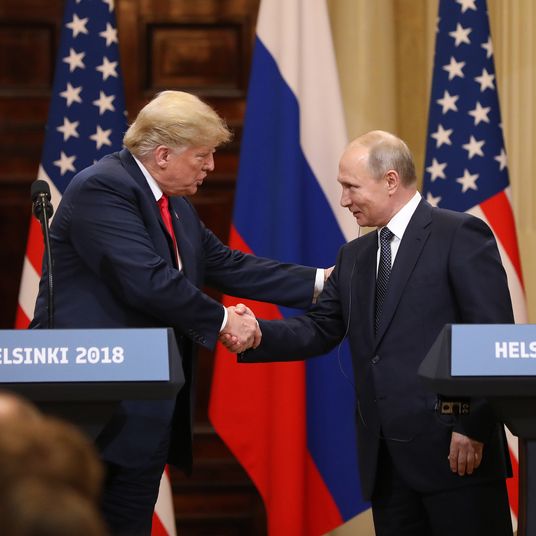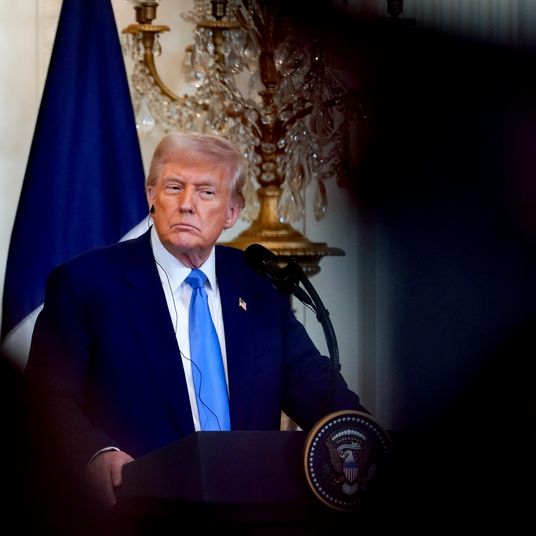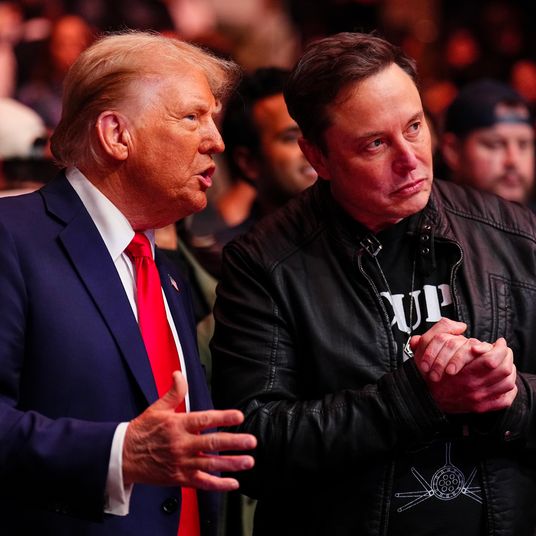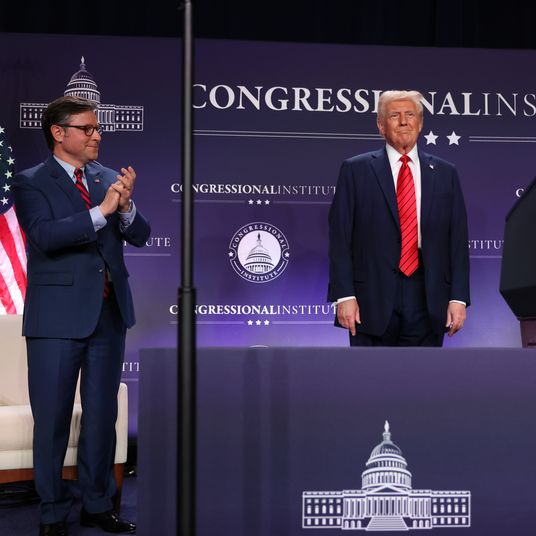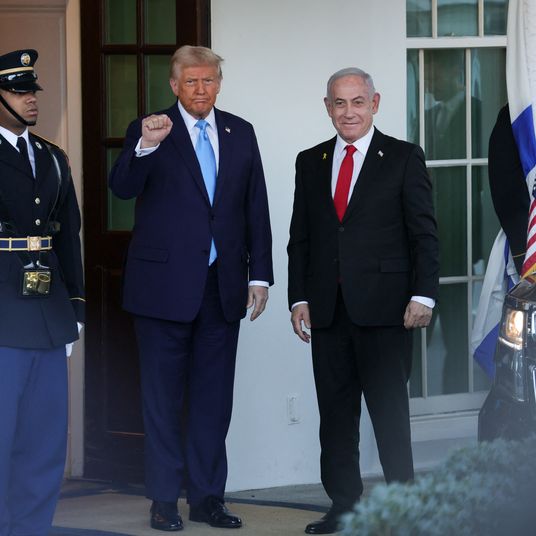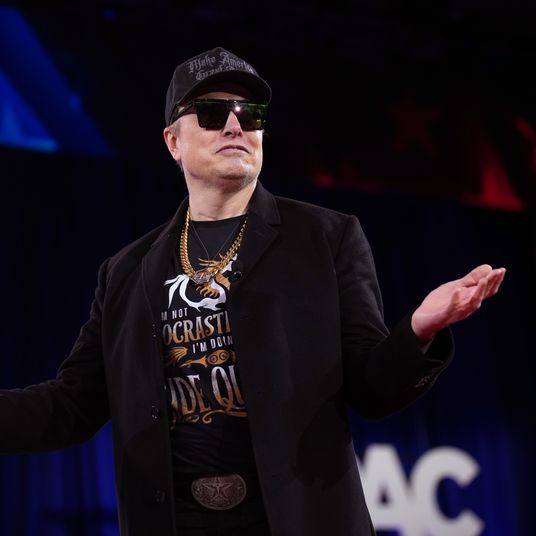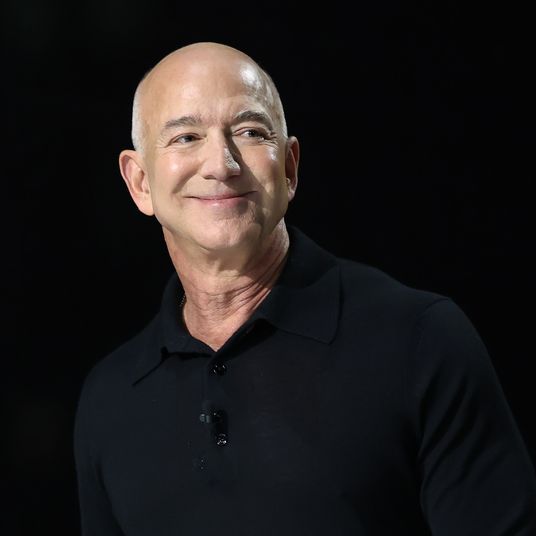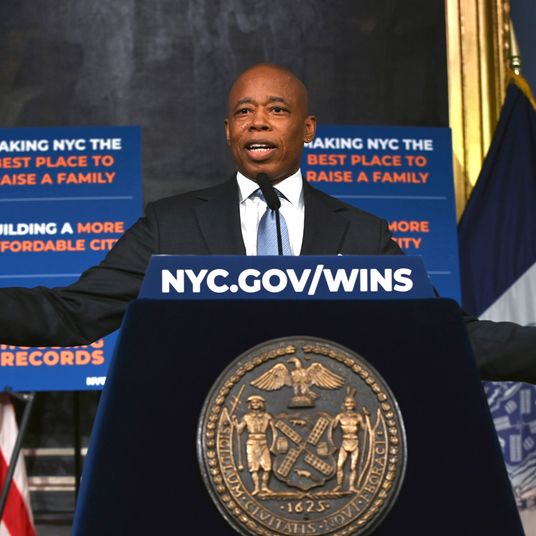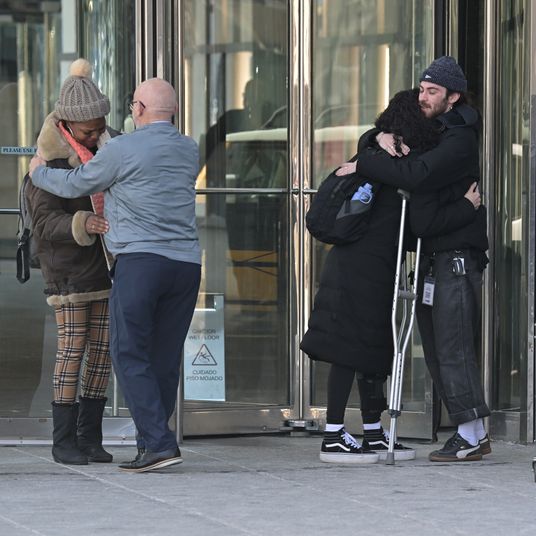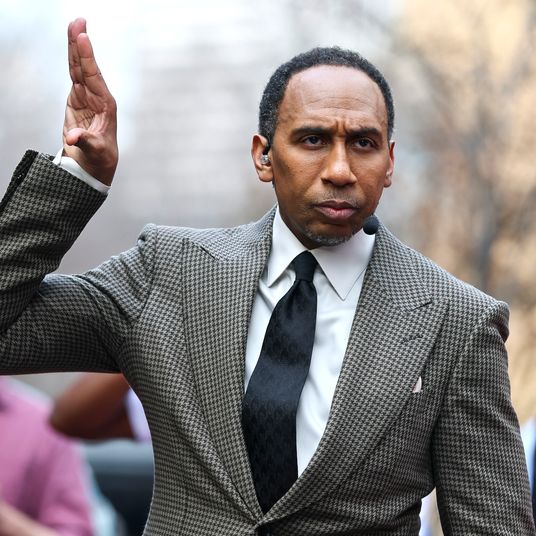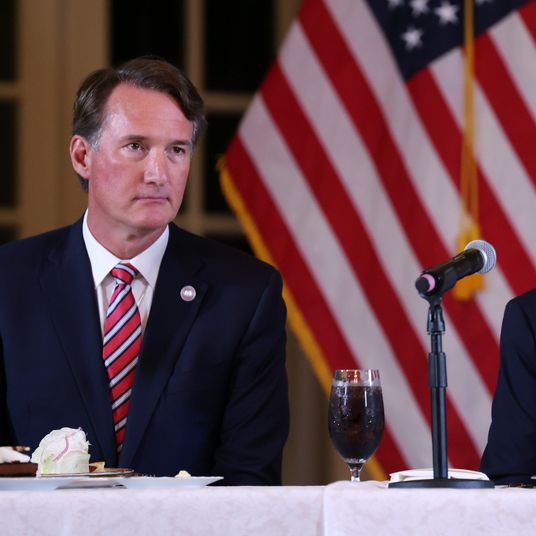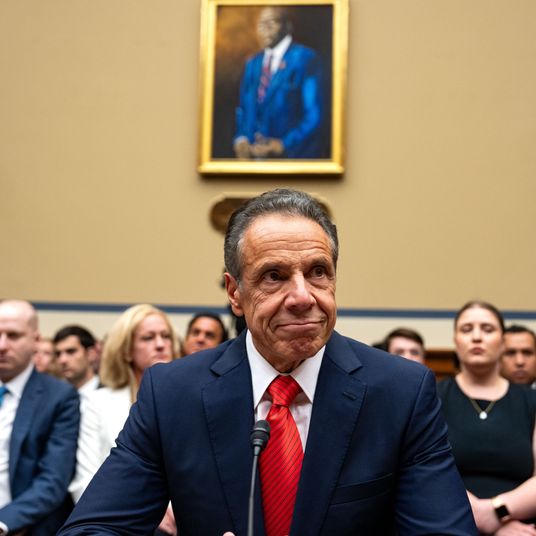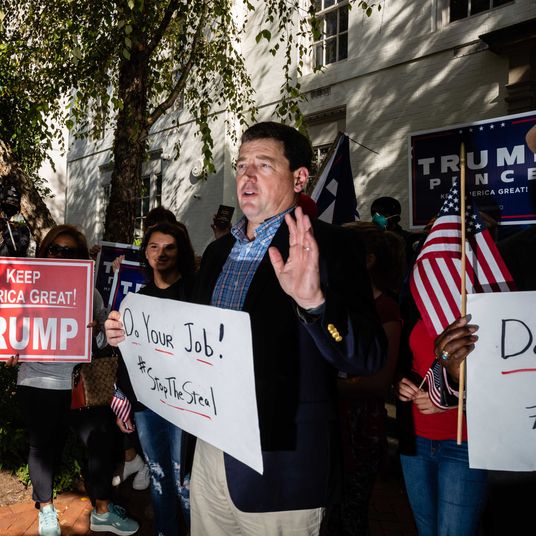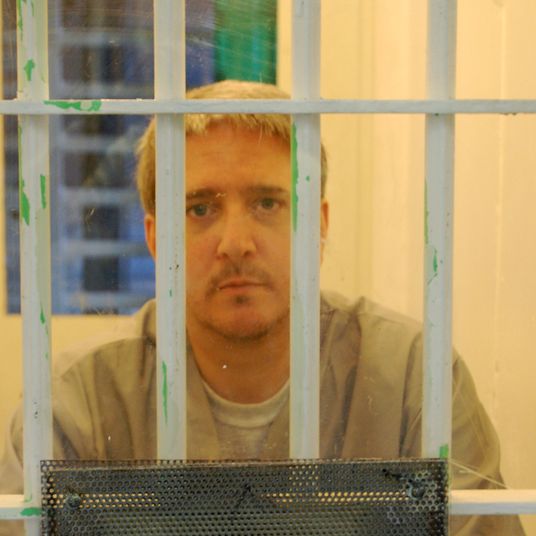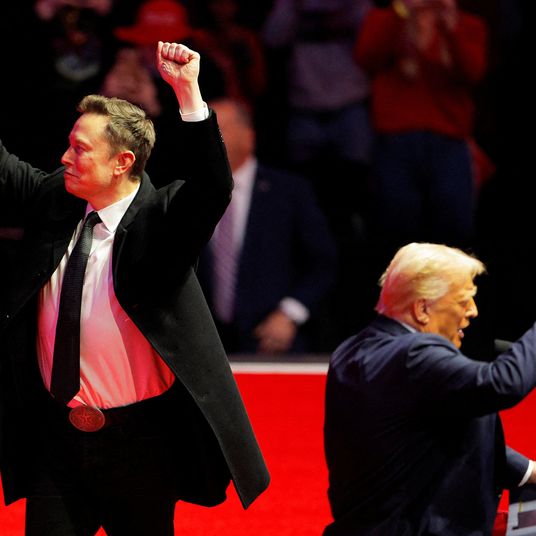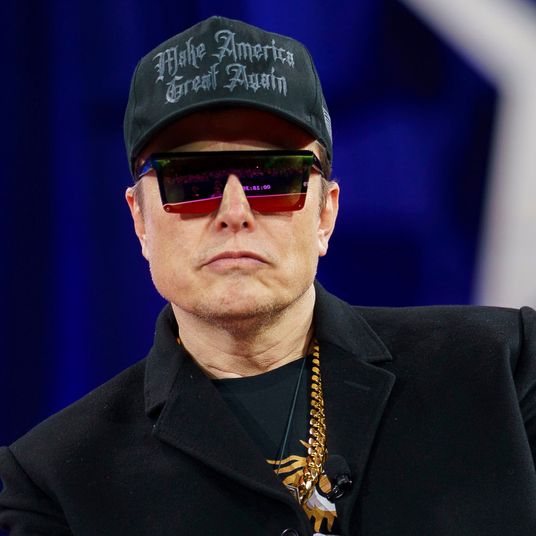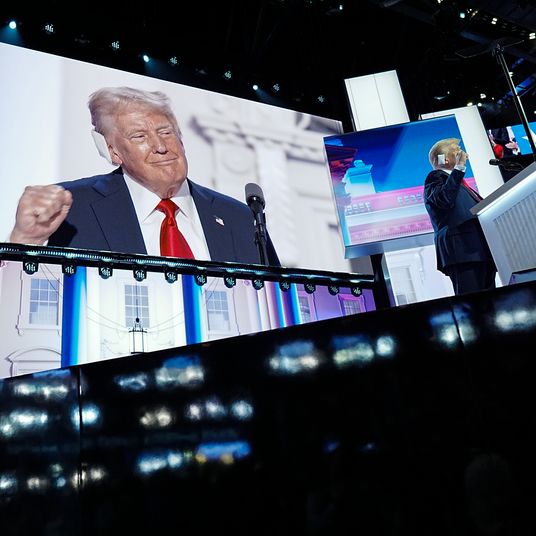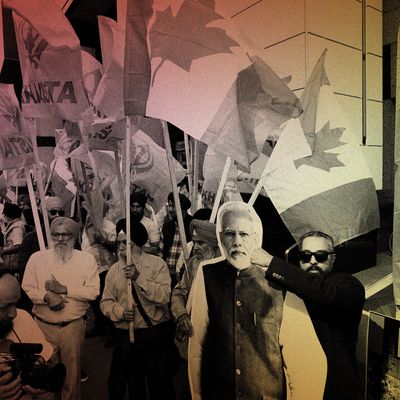
Last month, Canadian prime minister Justin Trudeau made an explosive claim. Citing Canadian intelligence, he said that Indian agents were responsible for the assassination of Sikh separatist Hardeep Singh Nijar, a bête noire of Narenda Modi’s Hindu nationalist government, who was gunned down in a highly organized attack in British Columbia in June. Nijar, who was a champion of Khalistan, a theoretical Sikh homeland within India, was a longtime Canadian citizen who Indian authorities considered a terrorist. Since Trudeau’s accusation, relations between the two countries — which were already tense — have fallen to new lows. Canada ordered the head of India’s security services in the country to leave; India responded by booting out a Canadian diplomat and suspending visa applications for Canadian nationals. And this week, India informed Canada that two-thirds of its diplomats in India would have to leave. Though American intelligence officials helped Canada make its assessment that India was involved with the killing, the U.S. has not taken a position on the veracity of Trudeau’s claim. It is indeed in a delicate position as it tries to draw an increasingly confident India closer into its orbit and away from China — even as Modi, broadly popular in India, dials up the authoritarianism ahead of an election next year. To make sense of the Canada-India spat and what might come next, I spoke with Chietigj Bajpaee, a senior research fellow for South Asia at the Chatham House think tank, who often writes about and comments on Indian affairs.
You wrote in The Guardian that “India wants to be seen as a responsible global power, and the last thing New Delhi would want is to be put in the same league as Saudi Arabia following the killing of journalist Jamal Khashoggi, or Russia following the Salisbury poisonings.” Does that mean you think there’s a real chance the Indian government is not behind this?
First of all, we still haven’t seen the smoking gun. It’s important to note that no one has yet been charged with the killing, three months later. The Canadian government is yet to release any intelligence that it’s compiled against India. And Trudeau’s statements have still been quite nuanced: He’s referred to credible allegations, not evidence. He’s referred to potential, but not confirmed links. And I think that obviously explains the relatively muted or restrained response we’ve seen to the allegations so far from several countries, including the U.S.
So I think short of there being any definitive evidence linking the Indian government to the assassination, the international response is going to remain quite muted, and any criticism is going to be made behind closed doors. I would add that there are some early signs of attempts to try to de-escalate tensions. Trudeau recently reiterated that he wanted closer ties with India, and he referred to India as a growing economic power and an important geopolitical player. So I think there are some signs of attempts to try and find an off-ramp. But as of now, we still don’t see any definitive evidence implicating India in an assassination.
You also wrote recently about how India has been on a hot streak internationally: The country is doing quite well economically while China is slumping, and India has made its temporary presidency of the G20 into a major thing, which you compared to China’s 2008 Olympics as an entrée onto the world stage. Is India at the point where if it did do something reckless, there wouldn’t be as many consequences as there might be for a less powerful country?
I don’t think they are at that point — or, for that matter, that any country is ever at that point. I think clearly, under the leadership of Prime Minister Modi, India has become more assertive on the world stage. That’s partially a reflection of domestic politics. Also he has a strong mandate. He’s not subject to the vagaries of coalition politics, so he’s able to be more assertive.
And maybe it’s partially attributable to the Hindu nationalist ideology of Modi’s Bharatiya Janata Party. But they also want to be seen as a responsible global power. And that’s what the presidency of the G20 was all about: the G20 summit being a voice of the Global South, facilitating the African Union’s entry into the G20, effectively making it the G21. So as I said in my article, the last thing they want is to be associated with regimes like Russia or other countries which have engaged in these kinds of political assassinations. I would even include North Korea in that list.
The U.S. banned Modi from the country in the mid-2000s after accusing him of failing to prevent a mass killing of Muslims. But during his presidency, especially over the past few years, America has been far more welcoming. How much of a curveball does this throw into this relationship?
If an Indian link is definitively established, it would put countries like the U.S. and others in a very difficult position. The U.S. has been downplaying concerns about India’s human-rights record and allegations of democratic backsliding. It would be forced to more openly acknowledge these concerns.
The U.S. has invested a lot of political capital in its relationship with India, and we saw the red-carpet welcome Modi received in Washington in June. Probably, if there are any two countries that carry the highest, greatest level of bipartisan consensus in Washington, they’re China and India. China is a long-term strategic rival, and India is a long-term strategic partner and is seen as a bulwark against the rise of China. So obviously, Washington doesn’t want to jeopardize the time and energy it’s invested in this relationship with India.
As the New York Times noted, Hardeep Singh Nijjar was not very famous, even in India — he was probably better known in Canada. But putting aside the question of whether the Indian government planned his murder, could this episode benefit Modi domestically? He has a long history of creating enemies through demagogic means, and he seems to have a preoccupation with Sikh separatists, whose influence peaked 30 or 40 years ago.
Within India, there’s been a high level of consensus across the political divide in support of the government’s position. We’ve seen a rally-around-the-flag effect. You can contrast that with Canada, where Trudeau faces declining popularity ratings.There’s also been a degree of debate within the Indian public discourse about double standards in the West. The West has engaged in its own targeted killings — obviously Osama bin Laden in 2011 and Ayman al-Zawahiri in 2022. Again, India is not admitting to this assassination, and its intelligence services have been active in neighboring countries for decades. But it seems the lesson to draw here is that if you are going to do any of these kinds of actions, you shouldn’t be doing so in a western country. Make sure it’s not a G7, Five Eyes, NATO-member state. That’s where the red line is.
This does remind me of the killing of Khashoggi. It’s true that he wrote for the Washington Post, but many more people heard about him after he was murdered than when he was alive. It seemed like a crazy thing for Saudi Arabia to do, considering the lack of threat he really posed. And killing him did harm Saudi Arabia for a while, but it’s now been five years and the country has definitively weathered that storm. So I have to think a country like India could look at that and say, What’s the real downside?
To a degree, you’re right. Biden went from referring to Saudi Arabia as a pariah regime to giving a fist bump to MBS, so there are parallels. Saudi Arabia, like India, holds strategic importance for the U.S., so the downturn in the relationship was short-lived. India is now the world’s fifth-largest economy. It’s on course to be the world’s third-largest by the end of this decade, surpassing Germany and Japan. It’s the world’s most populous country. And it’s seen as a bulwark against the rise of China. So there’s all that strategic significance.
That being said, I think there are limits in the comparison to Saudi Arabia and Russia, and the reason for that is India is a democracy. It may be a flawed democracy, but it is a democracy. It claims to be a responsible global power, it’s an advocate of the rules-based international order, it’s a partner with the U.S., unlike, say, China or Russia. And as I said before, it’s seeking the status of a responsible global power with what we saw at the G20 summit, being the voice of the Global South. So all of that means there are limits in drawing the comparison to places like Russia, North Korea, or Saudi Arabia. But what I think is clear — and I mention this in the article — is that India is more prone to taking offense to any challenges to its sovereignty and status and more prone to retaliation. Whether that means political assassinations or just employing tools of economic coercion, I think that remains to be seen.
Some of this goes back to India holding a grudge about its colonial status, the way China holds a grudge about being minimized by western powers, right? India wants to assert itself as a central world power, which it felt it was deprived of for ages.
Yeah. I think there are two components to the parallel with China. One is that both countries view themselves as civilizational states — major global powers. So they believe they should have status on the world stage. The other part is this feeling of being wronged, that historical injustices are being committed against them. The Chinese have their 100 years of humiliation, and the Indians have their 200 years of humiliation under British colonial rule. So I think those two create the ingredients for potentially more assertive foreign policy.
Given that, what other areas do you think we can expect India to exert its leverage on in the near term?
There’s a component of their foreign policy — what they refer to as strategic autonomy. During the Cold War, India referred to it as nonalignment, but this is a different version of that. It’s basically engaging all poles of influence in the international system. So they’re going to maintain good relations with both Russia and the U.S. We saw a downturn in relations with China after their border skirmishes in 2020, but they’ve held an equidistant position in the U.S.-China relationship to a degree as well.
I also think we’re going to start to see India promoting its own model of global governance. We’ve heard a lot about China’s Belt and Road Initiative over the past decade. We’re going to start to see nascent signs of an Indian model of global governance. We saw some indications of this during the G20 summit where New Delhi was trying to propose Indian solutions to global problems. So whether it be issues of digital public infrastructure, whether it be global health, whether it be climate, you see India trying to propose its own solutions to these issues.
Bringing it back to the India-Canada issue, I think an area of potential concern is the diaspora community. India has the world’s largest diaspora, 18 million strong, and these people have generally been seen as a source of strength, cheerleaders for the country. We’ve seen that with the warm reception Modi has received around the world from overseas Indian communities. But the diaspora can also be a potential source of friction from groups that are engaged in alleged anti-India activities. We’ve seen it now most prominently with Canada, but you could foresee something like this happening with other countries where there’s a large overseas Indian population So the U.K., for instance, or Australia or even the U.S.
Yet these movements probably don’t pose an actual serious threat to domestic Indian stability. They’re mostly confined to the diaspora.
The Khalistan separatist movement, as you noted, peaked in the 1980s and early 1990s. It has seen a revival of sorts in recent years, fueled by organized crime and drug-smuggling activities in the Indian state of Punjab, but it’s nowhere near where it was three decades ago. And as you said, I think it’s arguably stronger outside India than it is within India.
But I think you often find that with diaspora communities. So I can mention other examples: Sri Lanka, where there was a separatist insurgency for many decades. It has essentially been quashed, but you still have members of the Tamil diaspora community in parts of Canada, the U.K., and elsewhere that are still sympathetic and supportive of the cause of a separate Tamil homeland in Sri Lanka. But there’s no insurgency going on in Sri Lanka anymore. That’s finished, but you have supporters outside of it.
This interview has been edited for length and clarity.




